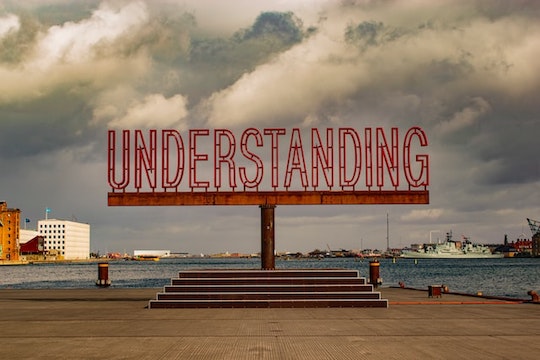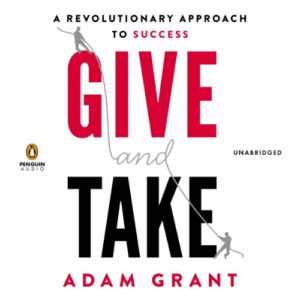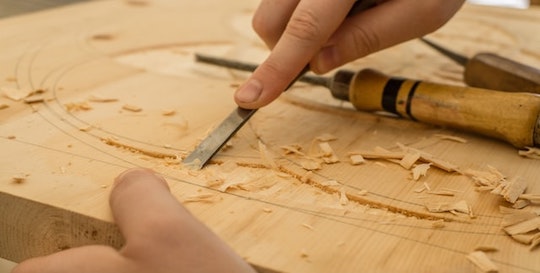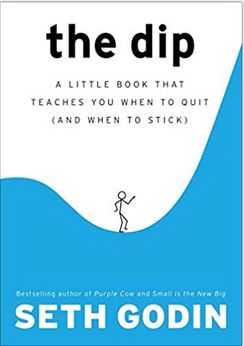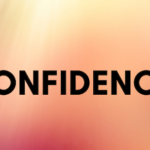Take your own yellow brick road and meet your own inner wizard.
—Calm App Reflection
I can vividly remember watching The Wizard of Oz as a child. Year after year we viewed the same story and were always left with an uplifted and heartwarming feeling.
As an adult, the story has become even more relevant. Using our heads, hearts, and courage to pursue our passions and purpose makes life even more wonderful.
EXERCISE:
How and in what ways are you following your own yellow brick road? In what ways are you already the wise wizard to guide you along this path?





